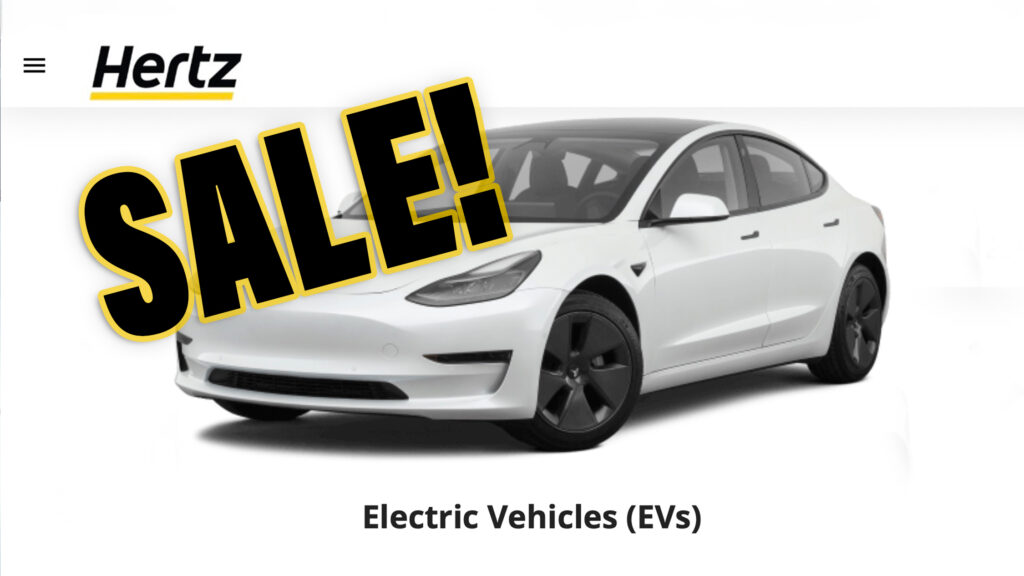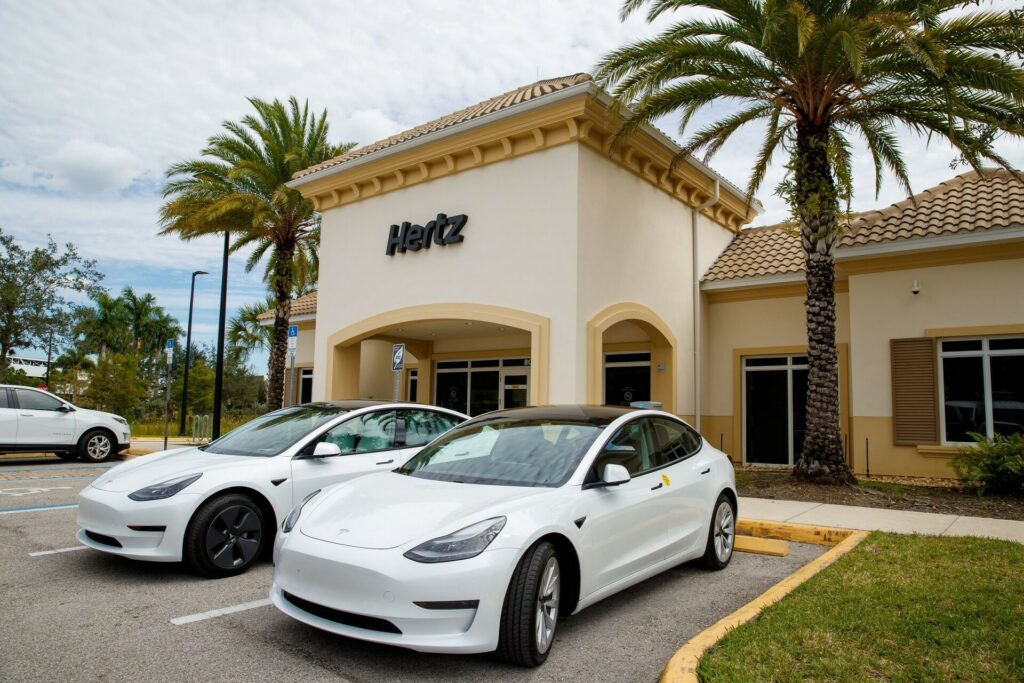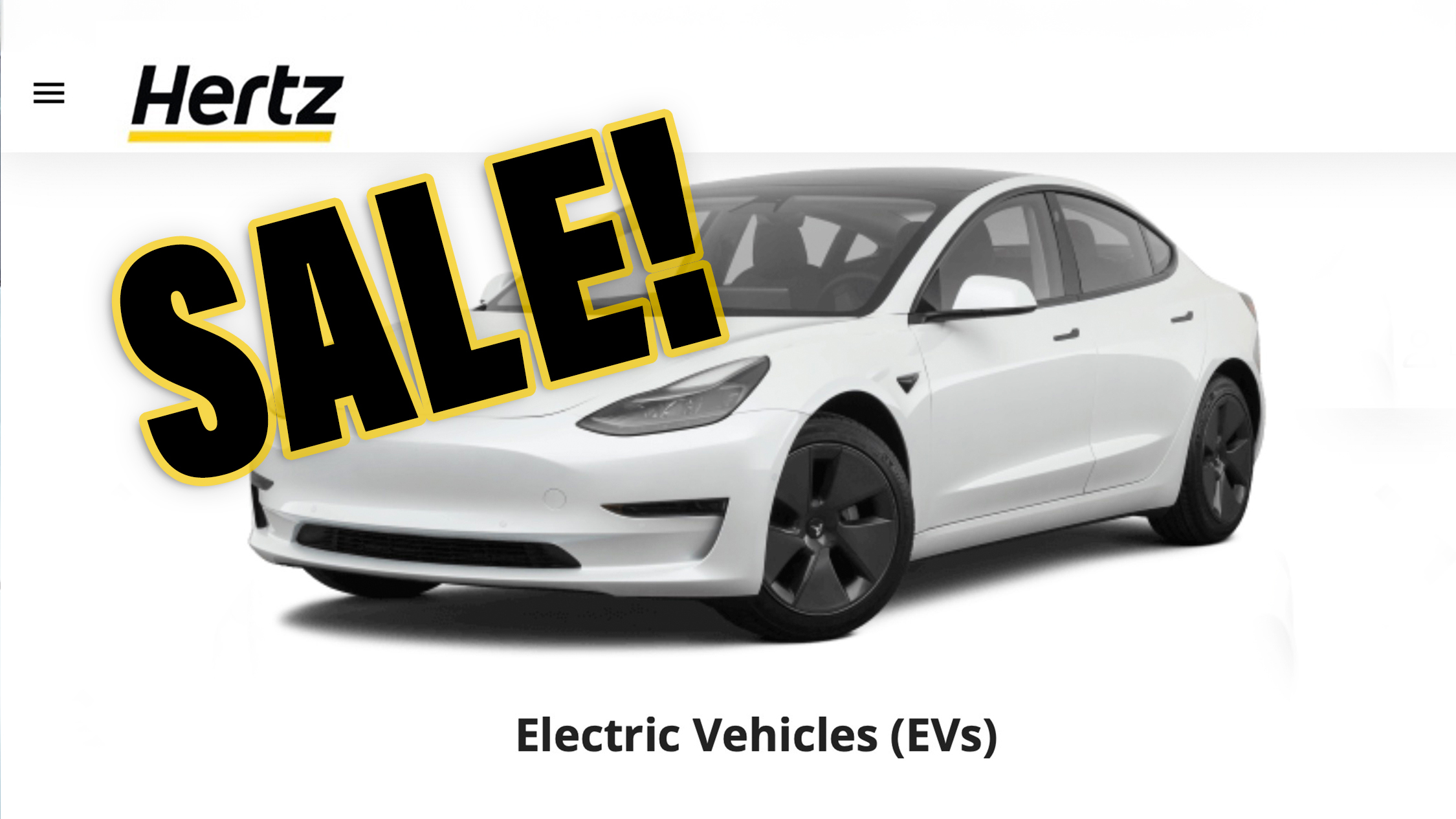Car hire giant is slimming its electric lineup, which it says cost too much to fix when customers have a prang
3 hours ago

Hertz’s plans to buy thousands of Teslas, and then thousands of Polestars, earned it plenty of free media coverage when they were announced a couple of years ago. And no doubt the chance to drive the latest EVs helped win over a load of customers, too. But now one of the world’s biggest rental firm hasn’t just put the brakes on its EV switch, it’s thrown them into reverse.
Around 20,000 electric vehicles from Hertz’s U.S. fleet will be sold off and replaced by traditional combustion-engined cars, Reuters reports. The company cites the higher repair costs of EVs compared with conventional gas vehicles as being the driving force behind the decision. Right now the firm has around 400 Teslas available to buy through its Rent2Buy program, some available for less than $18,000.
“Expenses related to collision and damage, primarily associated with EVs, remained high in the quarter, thereby supporting the company’s decision to initiate the material reduction in the EV fleet,” Hertz said.
advertisement scroll to continue
Related: Tesla Price Cuts And High Repair Costs Crash Hertz’s EV Expansion Plans

In October 2021 Hertz bounced back from bankruptcy with the announcement that it was adding the Tesla Model 3 to its rental lineup and claimed it would have 100,000 of the American-built EVs available to customers by the end of 2022. The deal was worth an estimated $4.2 billion, but despite pulling in $8.7 billion in revenue during 2022, it never did take hit the 100,000-unit Tesla target, and had only acquired around 48,000 of the EVs when 2023 rolled around. Hertz also claimed during 2022 that it would purchase 65,000 Polestar EVs over the next five years.
But last October the cracks started to appear in Hertz’s electric expansion plans. CEO Stephen Scherr admitted in an earnings call that while electric vehicles generally have lower maintenance costs, the higher expenses associated with repairs and damages were impacting the feasibility of the 100,000-Teslas deal.
Hertz isn’t the only company struggling with larger than expected expenses from its EV fleet. Last December, Sixt revealed it was dropping Teslas from its rental fleets due to savage depreciation, but said it would retain Chinese BYD EVs.


